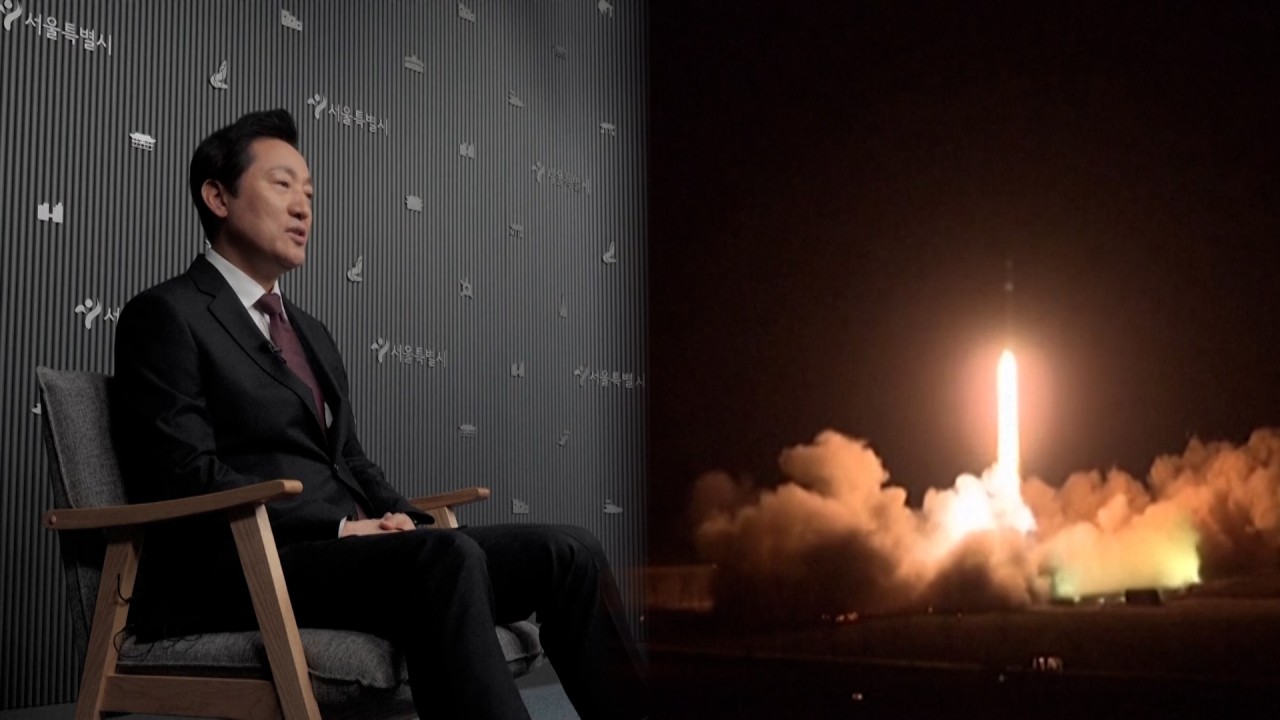
‘Embarrassing’ US leak sparks spying concerns in South Korea, complicates push to arm Ukraine
- A trove of leaked classified documents suggest Washington has been listening in on internal discussions among top South Korean security officials
- Analysts say the leak will complicate a US effort for Seoul to arm Ukraine, and take the gloss off an impending state visit by President Yoon Suk-yeol
A senior official at the Korean presidential office on Monday said Seoul would call for Washington to take “appropriate measures” after the two countries got to the bottom of the incident.

“This demand will be made on the basis of mutual trust as allies,” the unnamed official said. He added that the content of news reports were not verified facts, and that the leaked documents might have been “redacted or fabricated”.
“Those who may seek to distort facts or undermine the alliance would face public condemnations,” he said, noting that the leak was made in the lead-up to Yoon’s trip to Washington.
Kim Joon-hyung, former head of the Korea National Diplomatic Academy, said a source had told him that “Korean labels on these artillery shells were removed before being shipped to the United States”. This Week in Asia could not independently verify this claim.
The intelligence leak was “taking the gloss off the upcoming summit”, said political-science professor Park Won-gon of Ewha Womans University.
“This is a quite embarrassing situation for the United States, which makes it all the more difficult for the US to call on Seoul at the summit to supply more weapons for Ukraine,” Park said.
The document, which does not appear to have a date on it, said South Korea had agreed to sell artillery shells to help the US replenish its stockpiles, insisting that the “end user” should be the American military.
But internally, top South Korean officials were worried that the US would divert them to Ukraine.
Seoul has a rule not to export weapons to countries at war, shipping only non-lethal products including gas masks, bulletproof helmets, tents, blankets, combat rations, medications, and bulletproof vests.
South Korean officials said Seoul still sticks to this principle despite the leak.
Kim and the two other senior officials involved in leaked conversations have remained incommunicado since their resignation last month, made under unclear circumstances.

The report was based in part on “signals intelligence”, which suggests that the US had been spying on one of its most important regional allies.
Park Hong-keun, parliamentary floor leader of the liberal opposition Democratic Party of Korea on Monday urged the presidential office in Seoul to immediately demand “clear information” from Washington.
“This is a grave incident where South Korea’s national sovereignty and national pride are at stake,” he said.
“If the report is true, the United States should offer a sincere apology to the Korean people and promise it won’t happen again,” he said.
Defence analyst Kim Jong-dae said the relocation of the president’s office from the traditional Blue House to the southern district of Yongsan in Seoul, near US military facilities equipped with highly sophisticated surveillance systems, could have made the it more vulnerable to bugging.
Old habits die hard. Nothing has changed although the United States repeatedly promised not to bug its allies in the past
“Old habits die hard. Nothing has changed although the United States repeatedly promised not to bug its allies in the past,” he said.
Yoon’s April 26 state visit, which will include a White House black-tie dinner, will commemorate the 70th anniversary of a formal treaty alliance between the two countries.
Yoon and Biden will “highlight the importance and enduring strength of the ironclad” alliance, according to the White House. Some observers had speculated that Washington would use the occasion to push Seoul to supply weapons to Ukraine.
The US reportedly bought 100,000 rounds of howitzer artillery from South Korean manufacturers to provide to Ukraine last year.
US Secretary of Defence Lloyd Austin held phone talks with his South Korean counterpart on Tuesday to explain about the leak and vowed to closely communicate and cooperate with South Korea, Seoul’s Defence Ministry said.
Additional reporting by Reuters


